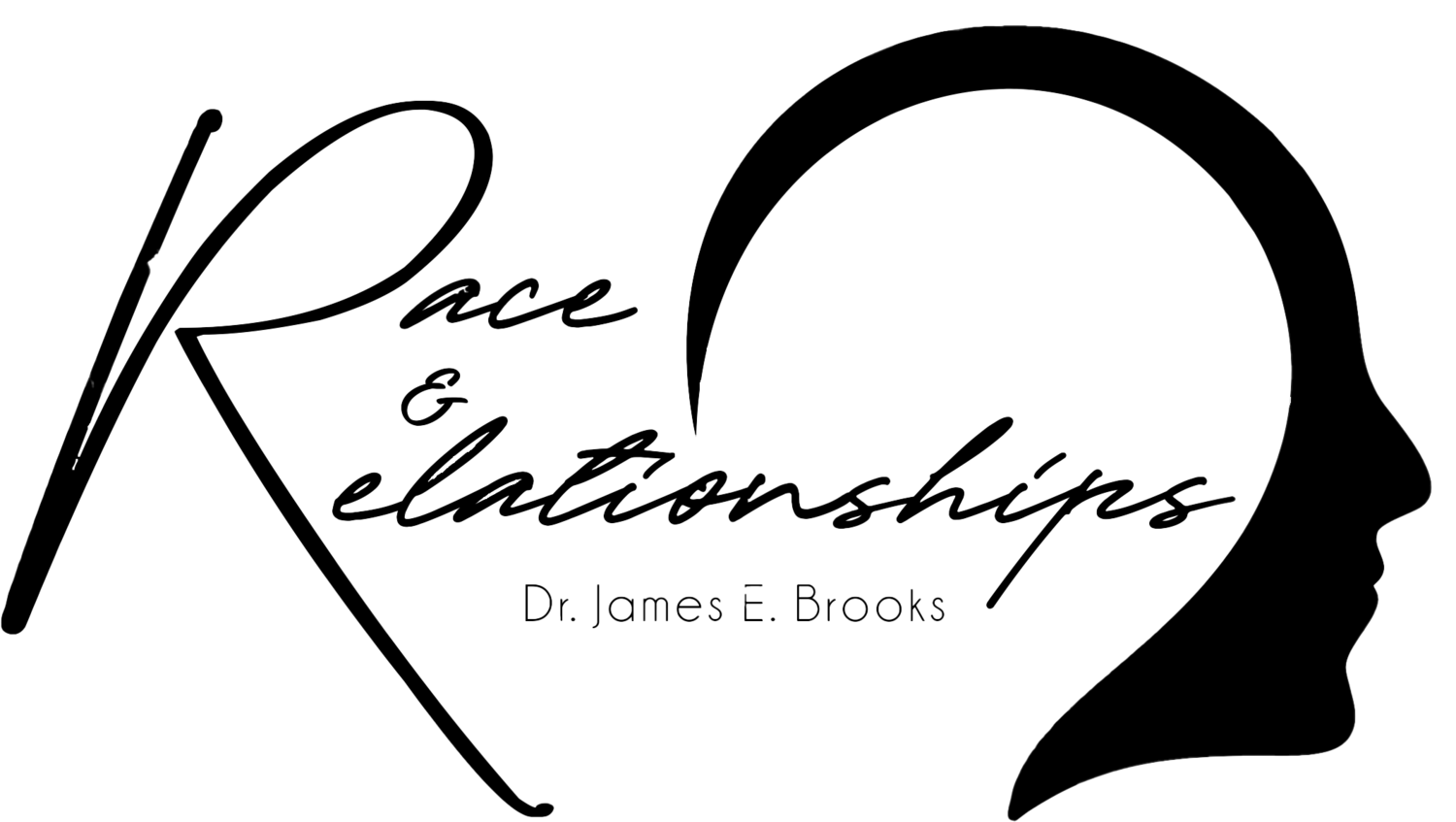Are Partners in Interracial Relationships Addressing #BLM
The answer may be shocking for some but is certainly informative for all.
Researchers at Race and Relationships combed through the responses of over 200 individuals in interracial relationships who were asked:
“Have you ever reached out to your partner to talk about issues regarding race? If yes, what kind of issues?”
and answers were grouped based on their similarity to other responses. Among the topics discussed were differences in culture, the reactions of their social network to the relationship, and, on occasion, racial slights between partners. However, the most frequent issues regarding race that respondents reported were instances of discrimination as individuals or as a couple AND issues related to injustices in the legal system and police brutality (specifically, police shootings of unarmed Black men)- issues that represent part of the concerns of the Black Lives Matter movement.
Instances of police violence and the protests that followed sparked great conversation within the relationship. Most often, participants indicated an affirming stance for #BLM, when it was mentioned. While the data for the study were collected shortly after the general election in 2016, the relevance of these responses are evident as a resurgence of attention to the experience of people of color is once again at the forefront of millions across the globe.
So, what are the implications of these discussions for those who share the most intimate of bonds with someone of a different race?
Well, the same group of researchers had a subset of 100 individuals indicate their attitudes about race in the United States as well as answer questions about the quality of their romantic relationship. They found that those who more strongly denied the existence of blatant racism, institutional discrimination, and White privilege reported less satisfaction, trust, and even love within their relationship. Endorsing a belief system that denies race-based differences in lived experiences (color-blind racial ideology) is a detriment to interracial relationships. Not surprisingly, those who acknowledged the racial reality the United States also indicated that other issues related to race were also discussed.
“Yes, many times. We talked about police brutality directed at African Americans and Latinos, offensive flags and monuments, the Black Lives Matter movement, etc.”
…endorsing a belief system that denies race-based differences in lived experiences (color-blind racial ideology) is a detriment to interracial relationships.
A rejection of color-blind racial ideology and an adoption of a value system that honors and values group differences (multicultural ideology) seems to be a clear support for the quality of interracial relationships.
For some this is a “no brainer’”, but what is informative is that most of the participants for the studies were neither Black nor in a relationship with a Black partner.
To the point of the post, more frequently than other topics, partners in interracial relationships are discussing #BLM when probed about ‘issues regarding race’. Furthermore, researchers suspect that those who reject color-blind racial ideology may be more prone to discuss the social movement and to report better relationship quality.
Bass, J. E., Brooks, J. E., Boayke, S. (2020). When race matters: Reflections on when race is discussed in interracial relationships. Poster accepted for the annual meeting of American Psychological Association
Brooks, J. E., Boayke, S. , & Bass, J. (2020). Color-blind Racial Ideology: A Detriment for Interracial Relationships. Poster accepted for the annual meeting of Southeastern Psychological Association,
